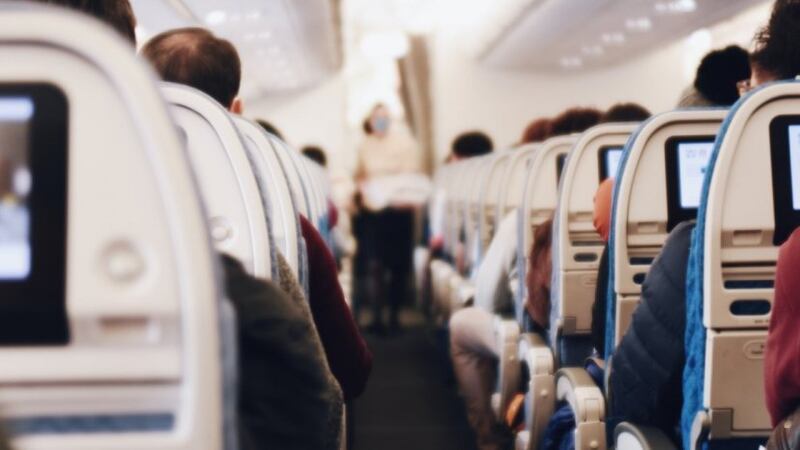The final Covid-19-related border restrictions have been lifted, allowing visitors and students worldwide to return to Aotearoa. Still, economist Matt Roskruge says this country may not see the full impact for some time.
"Importantly, that includes India and China. They're huge contributors to tourism, so that's probably where we'll see one of our big impacts, is in those tourist numbers, especially when we get into summer, which is the traditional season for those tourists.
"But on students, the universities have really been hurting without being able to bring across students. While it might not instant, they will be really looking forward to having those international students back and studying. And those international students go on and work, so that might solve some of our workforce problems," he tells teaomāori.news
The move comes four months after the government opened the borders to visa-waiver countries, such as Australia, the UK, and the USA. Immigration Minister, Micheal Wood says it is the final step in the government's reconnecting plan.
Early surge
"Today’s change in border settings marks the final milestone for our reconnecting strategy. This is great news to the tourism industry and economy as we approach spring and summer with people from the Northern hemisphere booking their winter holidays. We’ve heard optimistic messages from tourism operators who are ready to welcome back international visitors from all over the world."
Roskurge says there could be an early surge in visitor numbers to Aotearoa as those who have been waiting to come take the first opportunity in two and a half years, but doesn't expect to see the tourism market make a full recovery for a little while yet.
"China, in particular, is still not comfortable leaving. They're still quite slow at travelling overseas, so I think we might see that tourism market a bit slow for the rest of 2022, maybe even 2023 as those traditional tourist countries over summer get comfortable with the idea of travelling again."
He says that could mean no quick end to the pain tourism operators who have borne the brunt of the economic impacts of the global pandemic.
Reopen carefully
"By no means are these tourist numbers guaranteed. They're probably as risky as you'll ever see them. It's really important for tourism and operators will be pleased to see these restrictions being lifted but they're going to have to be careful that they manage to reopen in an affordable and sustainable way. I'll be really pleased if these tourists turn up but be prepared for it to be a slow 2023, I think."
Roskruge says workplaces near universities, in particular, could see an impact on the labour market a lot sooner, as international students return and could look to fill vacant jobs around the cities.
"If you look around Auckland, the university towns do rely on that student labour quite a lot. So hopefully, if we get another 20,000 students in next year, that's potentially 20,000 part-time workers in the labour force. So that might alleviate some of the issues, particularly in the urban centres and university towns."
Wood says the return of international students will also be a boost to the country's economy.
“Prior to the pandemic, the international education sector was worth several billion dollars to our country and education providers. While we’ve continued to support the sector with border exceptions through the pandemic, the full resumption of visa processing is great news for our universities, polytechnics and wānanga, schools, English language schools, and private training establishments."

